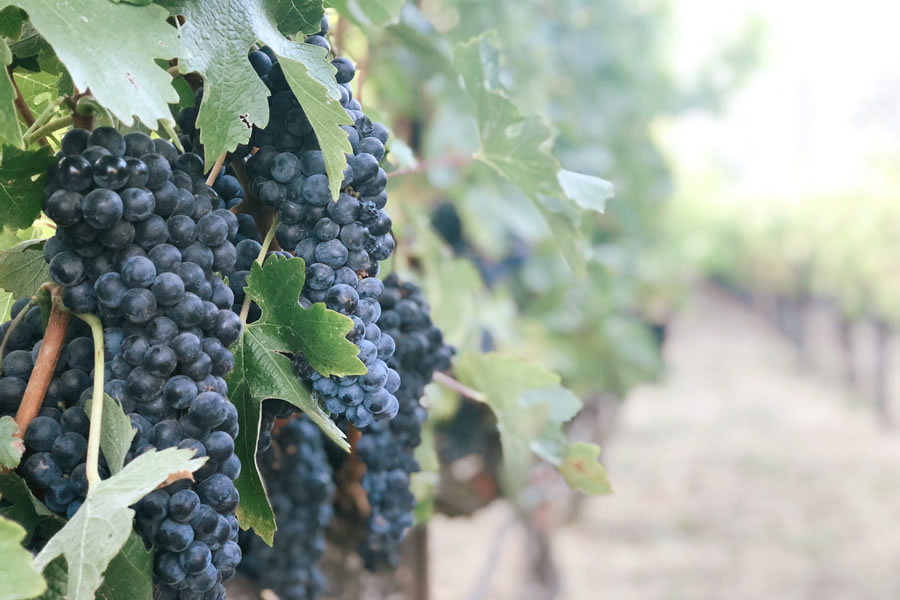
Vineyards
10-01-2020Weekly Reflection© J. S. Paluch CompanyVineyards were an essential part of the economy of Israel during the times of Isaiah and Jesus. Vineyard owners had the difficult challenge of producing a rich harvest. Our readings from Isaiah and Matthew describe God and God's creation in terms of the business of vineyards. The two stories are closely linked, as Jesus borrowed and adapted his parable from Isaiah. Using this rich imagery, we can see the vineyard as all the places of God's creation and ongoing work.
The vineyard is our heart, mind and body. The vineyard is our family, neighborhood, and parish. The vineyard is the larger Church and society, humanity and the earth itself. We are stewards in each of these vineyards, blessed to enjoy them, and held accountable for their continuing fruitfulness. We are called to join God in cultivating these vineyards, so that they may produce an abundant harvest.
Highly Passionate
The tales of the vineyard in Isaiah and in Matthew point to the larger story of God and God's people. We see that God is intensely passionate about us. God is deeply committed, like the landowner who diligently prepares the vineyard. God has high expectations that the vineyard produce the fruit of a just and compassionate society. God is highly disappointed and angry that the vineyard has produced bad fruit (Isaiah), or has been treated as a prize to be seized (Matthew).
There are more chapters in the larger story that also need to be told. Later in Isaiah and Matthew, we see that God is al deeply compassionate and forgiving. Isaiah speaks of God's tender care, as a mother loves her child (Isaiah 49). In Matthew, Jesus demonstrates God's forgiveness most dramatically on the cross. God is indeed most patient and resilient. God never gives up on us. God continues to pursue us, offering us love and grace, now and always.
The Cornerstone
The powerful conclusions of the two vineyard tales and meant to linger in our memories. God indeed expects much of us, to live justly and mercifully. However, we know that God is not prickly and impatient, as we might be led to imagine if we read these stories out of context. The stories do invite us to ponder again who God really is. Especially during times of difficulty or of failure in our lives, we might wonder how we really might best understand the mystery of God.
The witness of the New Testament is clear. If you want to know what God is like, look at Jesus. Look at His patience and mercy. Look at His compassion for the suffering, His passion for justice. Look also at the joy and healing experienced by those in need of His presence. As today's Gospel passage indicates, Jesus is the cornerstone, the starting point of coming to know our God.
BACK TO LIST